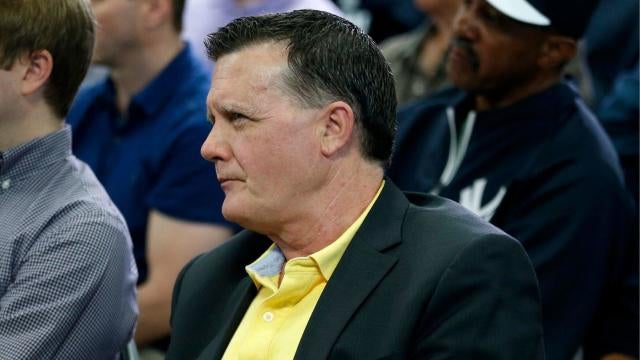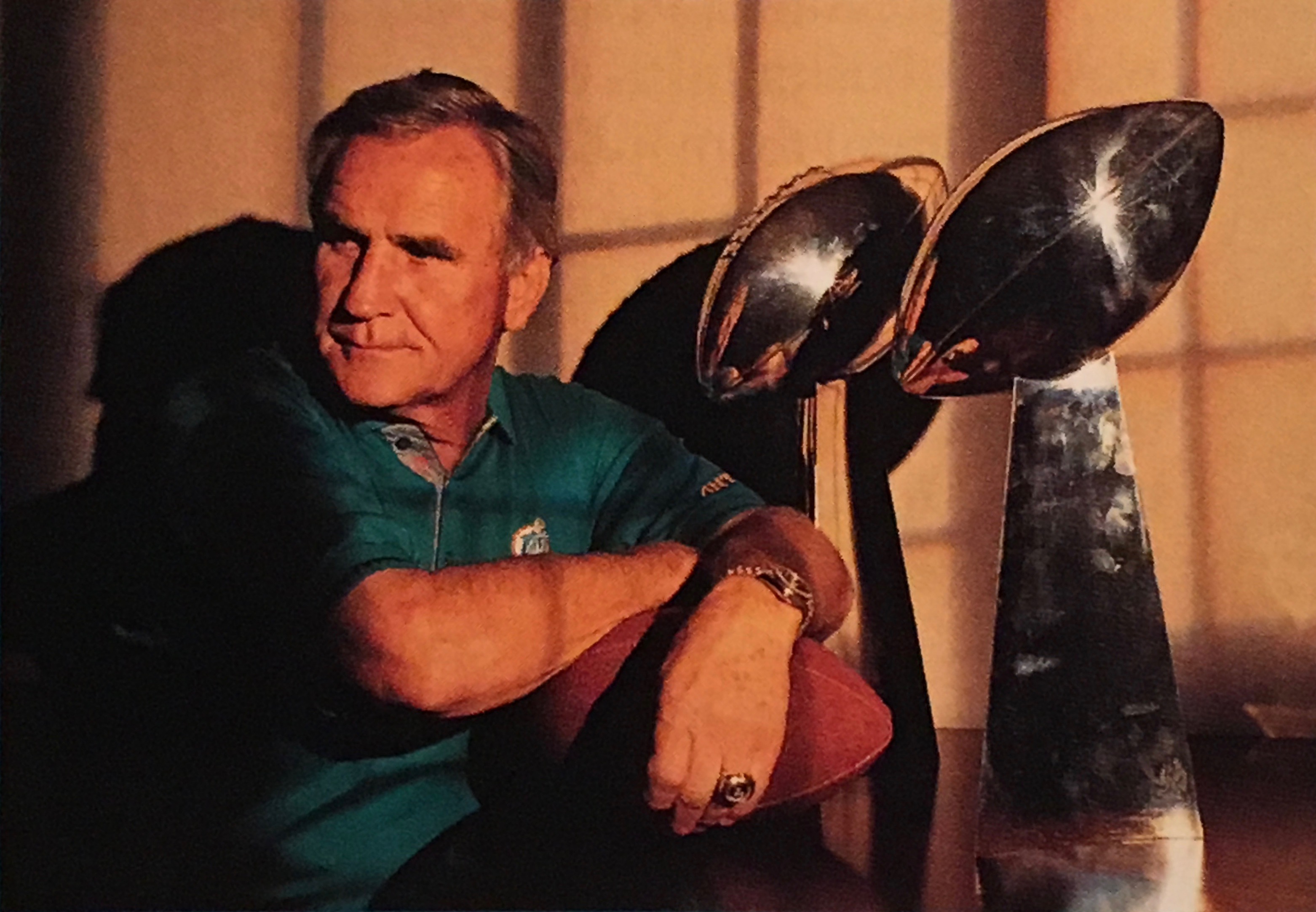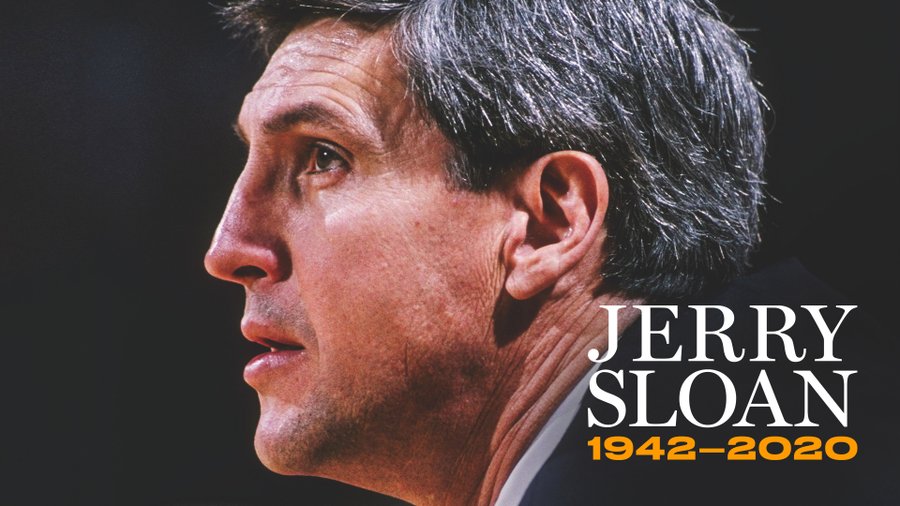Don Shula Bowed Down to No One
The epitome of a football coach, Shula had a rigid my-way-or-the-highway approach, yet was flexible enough to change, adapt and win over 33 seasons. On the late coach’s most famous player, most famous team, and the behind-the-scenes moments that will be remembered.
There is a quote from Don Shula that may help you understand the man: “You ever talk to me like that again, I’ll kick your ass.” What makes it interesting is that Shula did not say it to a player or a reporter. He said it to his boss: Dolphins owner Joe Robbie.
Shula died Monday morning, at age 90, after a long, rich, life and a career unlike any in NFL history. He got his first NFL head-coaching job when John F. Kennedy was president and retired late in Bill Clinton’s first term. The world and the game changed drastically during those 33 years, yet neither passed Shula by. You can think of him as a my-way-or-the-highway whose way was almost always the right way. People around him saw that and generally respected it, even when they didn’t like it. Shula said what he meant, meant what he said, and carried the kind of genuine authority that is so rare in life. And he knew it.
Any list of the NFL’s greatest coaches will probably start, understandably, with two names: Vince Lombardi and Bill Belichick. Lombardi holds a place in the culture that no coach can eclipse. Belichick has won six Super Bowls—as many as Shula, Tom Landry and Bill Parcells combined. But an argument can be made for Shula as the greatest coach in league history, and it’s not just because his 328 wins were the most ever.
Shula took two franchises to the Super Bowl. He took four starting quarterbacks to the Super Bowl: Earl Morrall, Bob Griese, David Woodley and Dan Marino. In Shula’s back-to-back Super Bowl wins, in Super Bowls VII and VIII, his Dolphins threw 18 passes and ran the ball 92 times. A decade later, he used the 27th pick in the draft on a quarterback, Marino, who would break many of the game’s passing records.
The player most associated with Shula is Marino. The team most associated with Shula is the undefeated 1972 Dolphins. Well, two stories there.
On Marino: The Dolphins had just made the Super Bowl with the youngest starting quarterback, David Woodley, in Super Bowl history at the time. When Marino slipped to No. 27, Shula defied members of his own scouting department to take him. Then, five games into the next season, with the Dolphins 3-2, Shula benched Woodley for Marino for good. That is conviction, and if a coach is going to do all that, he better be right.
And on those unbeaten 1972 Dolphins: They were not the best team in NFL history. They just had the best season. The Dolphins were actually slight underdogs to Washington in the Super Bowl VII. Shula squeezed the most out of most of his teams. The next season, the Dolphins won the Super Bowl again.
Shula was the quintessential coach of his era, the coach-i-est of coaches—tougher, firmer, more focused than even a typical NFL coach should be. He went to mass on the way to work every morning and coached football all day, all year. That was it.
Football was all he did, and seemingly all he saw. Chip Namias, the Dolphins’ media-relation director in the ’80s, said he once introduced
Miami Vice star Don Johnson to Shula. This was at the show’s peak. It was not just one of the hottest TV shows in the country; it was changing the way people viewed Miami. Shula had no idea who Johnson was. He thought Johnson was an actual cop.
Shula’s famous jaw and glare said what he didn’t have to. He knew how easily he could intimidate. But that does not mean he intimidated people just for the sake of intimidating them, and his sense of right and wrong was as rigid as his jawline. Early in his Miami tenure, he made it a point to room white and black players together. Namias says the angriest he ever saw Shula was after the infamous snowplow game, when the Patriots cleared a path on a snowy field for a game-winning field goal. It wasn’t just the loss that rankled Shula; it was the violation of integrity.
Now, about that quote at the top of this column: “You ever talk to me like that again, I’ll kick your ass.” Robbie had a few drinks at a banquet, got annoyed with Shula, and Shula fired back. He was mad, but he was not wrong. The two were never friends, and the relationship could be icy, but it worked because neither thought they had to be friends. Don Shula bowed to no one—not that night, not for a day in his career, and not in the history of professional football.
Entire article:
https://www.si.com/nfl/2020/05/05/don-shula-obit-joe-robbie-relationship-drafting-marino-72-team
R.I.P.






